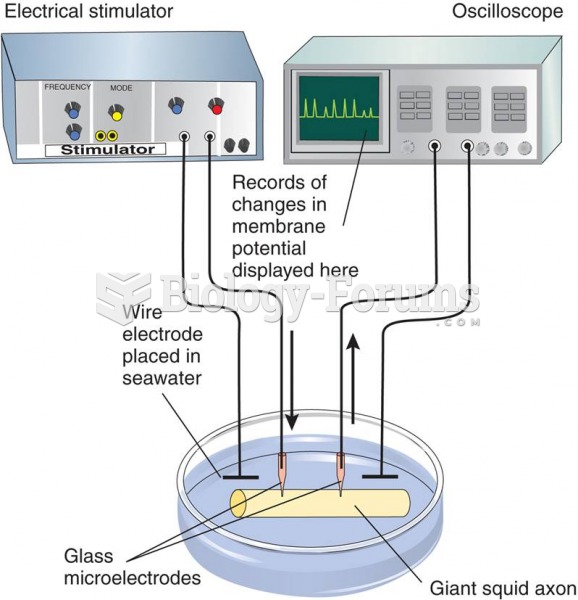|
|
|
Giardia is one of the most common intestinal parasites worldwide, and infects up to 20% of the world population, mostly in poorer countries with inadequate sanitation. Infections are most common in children, though chronic Giardia is more common in adults.
Many people have small pouches in their colons that bulge outward through weak spots. Each pouch is called a diverticulum. About 10% of Americans older than age 40 years have diverticulosis, which, when the pouches become infected or inflamed, is called diverticulitis. The main cause of diverticular disease is a low-fiber diet.
Warfarin was developed as a consequence of the study of a strange bleeding disorder that suddenly occurred in cattle on the northern prairies of the United States in the early 1900s.
For high blood pressure (hypertension), a new class of drug, called a vasopeptidase blocker (inhibitor), has been developed. It decreases blood pressure by simultaneously dilating the peripheral arteries and increasing the body's loss of salt.
In most cases, kidneys can recover from almost complete loss of function, such as in acute kidney (renal) failure.
 Dewey and the reformers attacked classes, such as this one, circa 1900, where students sat up straig
Dewey and the reformers attacked classes, such as this one, circa 1900, where students sat up straig
 Angry jeers from whites rain down on Elizabeth Eckford, one of the first African American students ...
Angry jeers from whites rain down on Elizabeth Eckford, one of the first African American students ...
 In a developmental systems approach, the emergence of social smiling at 6 to 8 weeks of age is not ...
In a developmental systems approach, the emergence of social smiling at 6 to 8 weeks of age is not ...




